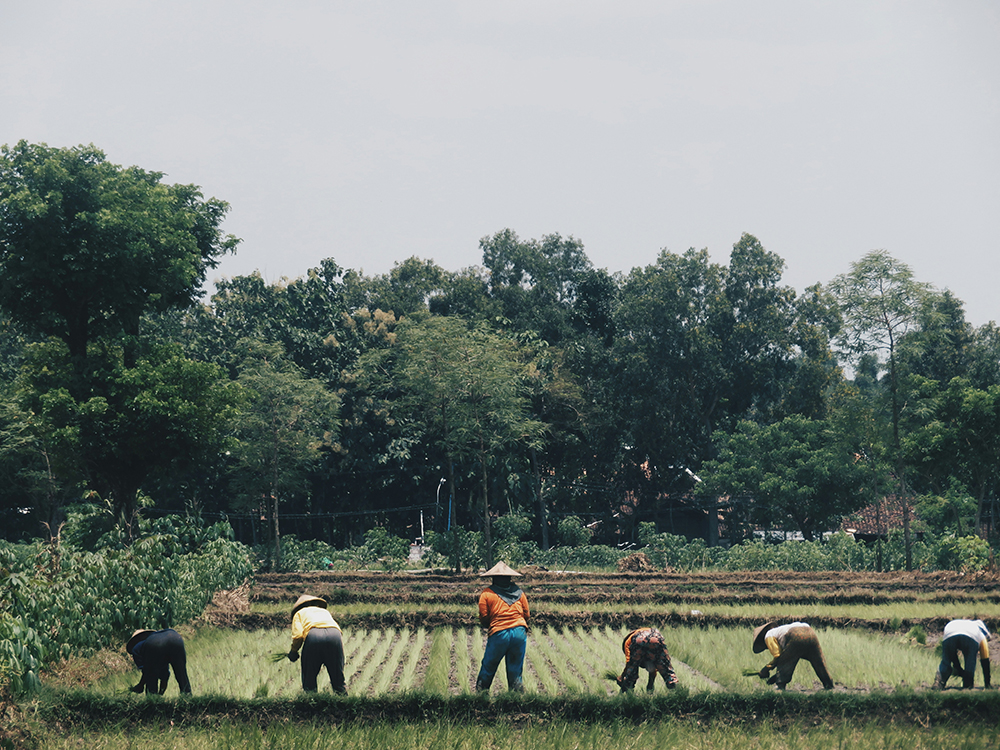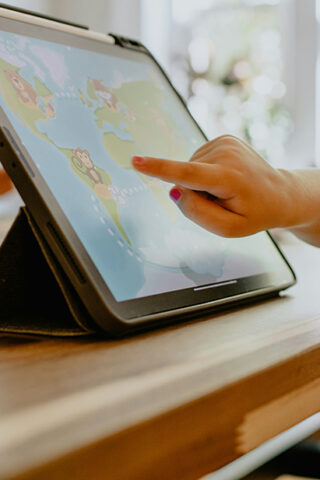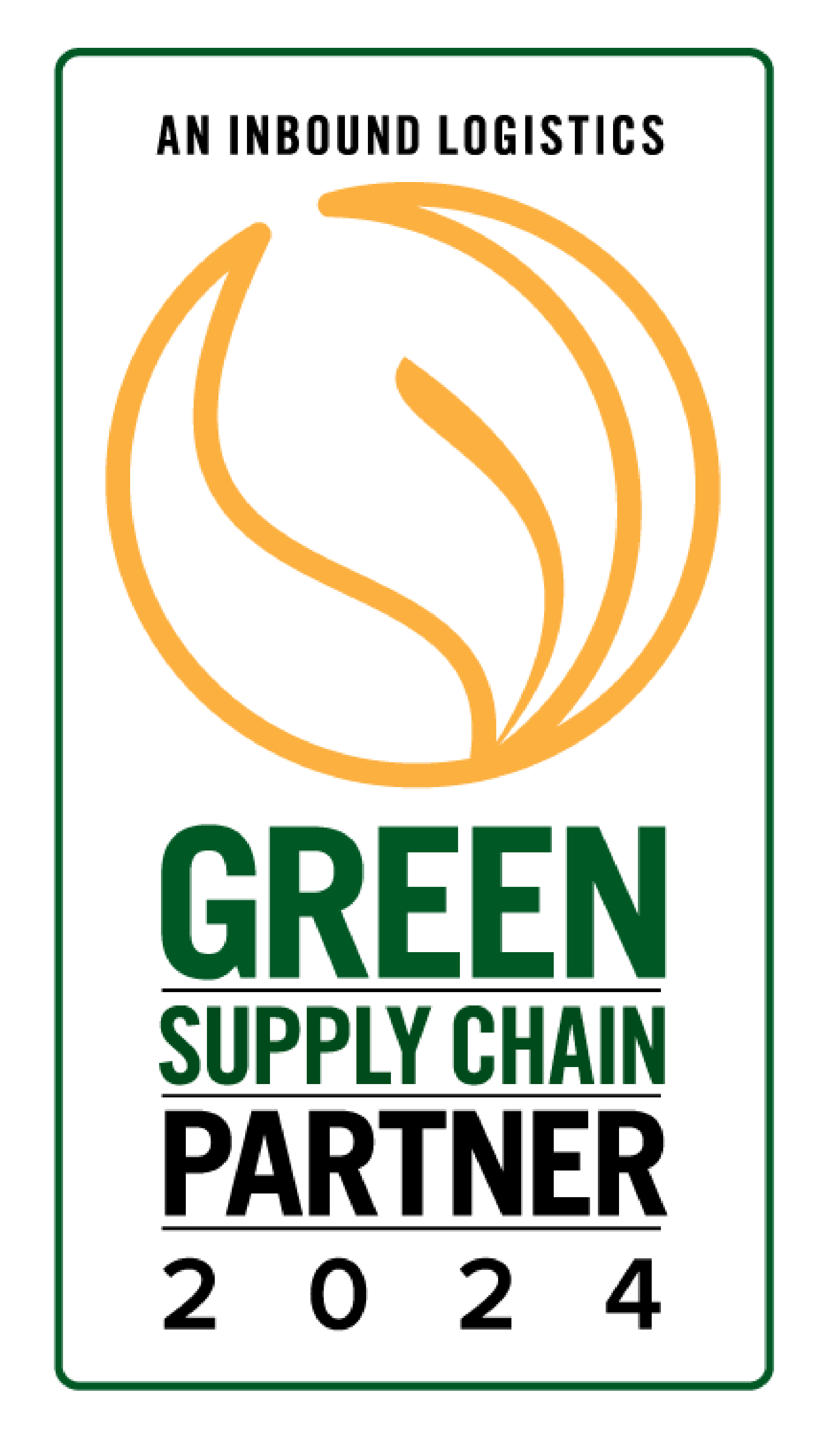Tommy Tjiptadjaja, Maxime François-Ferrière, WEForum.org, May 29, 2024
Transitioning linear businesses into circular ones is an urgent step towards a flourishing society and a sustainable planet. In many forums—from the World Economic Forum’s Annual Meeting in Davos, Switzerland, to local interest groups—words like “sustainable” and “collaboration” are commonly discussed.
We know we have to create new, economically viable circular models, as circularity without the economy would result in unsustainable models condemned to niche scale and impact. We also know that aiming for such systemic change requires a “collaborative” multi-stakeholder effort involving private companies, non-profit organizations and governments.
What is often ignored or only discussed in passing rather than intentionally or integratively is designing an inclusive model that addresses marginalized populations. Designing a new, circular economy model that only considers those marginalized by society as an add-on instead of being key players in the new model would only exacerbate further inequalities and injustice, eventually leading to its unsustainability and repeating the mistakes of previous models.
A recent report, Inclusive Loops: The Crucial Role of Social Enterprises in the Circular Economy, shows how to fill this gap by providing a rigorously researched and field-tested framework that ties the circular to the social economy to foster inclusivity.
Five critical actions can establish an inclusive supply chain, as our Indonesian-based bioplastic company and Schwab Foundation awardee Greenhope seeks to demonstrate.
The social enterprise sources its cassava feedstock from traditional farmer groups and converts it into renewable, less-carbon and biodegradable bioplastic products using its proprietary technology. It then supplies those to global brands.
To access the full article, click here.
To learn more about Onepak’s commitment to creating a circular economy, visit our sustainability page.







